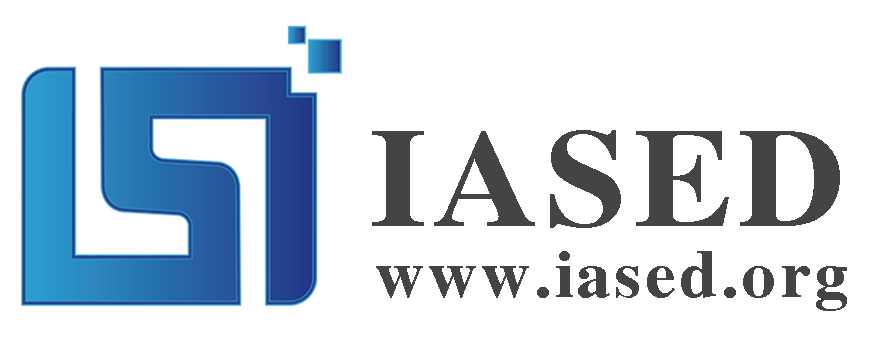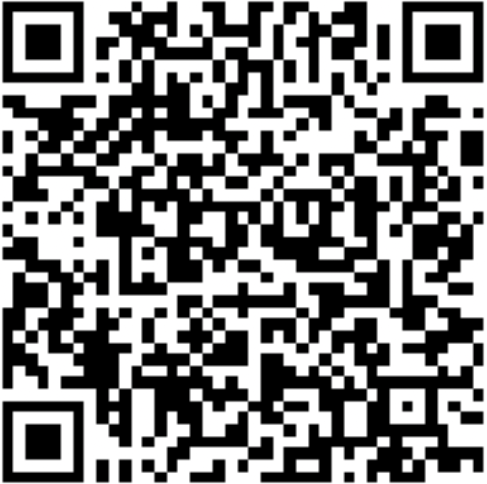Ethical Guidelines
Ethical Guidelines for IASED Conferences
IASED conferences are committed to upholding the highest standards of Editorial Process including Peer Review. All papers submitted are subject to transparent, unprejudiced and efficient peer review, which is performed by editors, reviewers, and the organizer as coordinator. All persons involved strive for a reputable conference featured with high-standard and ethical paper selection and publication process.
For Authors
Authorship
Authors should be limited to individuals who significantly involve in the study conception / design, data collection, data analysis / interpretation. Other individuals who have contributed to the study but not satisfy the criteria of authorship should be acknowledged in the paper. All authors must read and approve the final version of the manuscript for submission and publication.
Originality
Only original papers will be published. Authors must ensure that the paper submitted was not published before or under publication process elsewhere. Duplicate and/or redundant publication will result in an instant rejection. Authors are responsible to disclose originality information of the paper, including respective contributions of all individuals. The use of materials from other resources (including their own published literature) should be clearly cited and quoted, and get the permission of copyright holder where appropriate.
Data Access
If requested, authors are responsible to provide editors public access to raw data related to their manuscript for paper review. Such data should be retained for a reasonable period of time.
Competing Interest
Authors must present their research findings accurately and objectively, disclose any potential competing interest prior to the submission. Funding resources (sponsors) should be declared in this section as well.
Human Subjects and Animals in Research
Authors must ensure ethical standards and procedures for research involving human subjects or animals. Authors need to state the research has complied with all relevant policies and laws in their manuscripts.
For Reviewers
Confidentiality
Reviewers must keep all peer review documents confidential, not to reveal any information about the manuscripts to anyone unless preauthorized by the editor. The contents, ideas of the papers cannot be used prior to the publication.
Anonymity
When reviewing a manuscript on double-blind basis, reviewers should be careful not to reveal the identity to the authors.
Conflict of Interest
A conflict of interest is defined as a situation in which the reviewer can be viewed as being able to benefit personally from the outcome of a review, or in which the reviewer is not able to remain objective for personal reasons. If the conflict of interest exists, then the reviewer should decline to review the paper.
For Editors
Editorial Decisions
The editor has the right to reject a paper at the Initial Check stage for reasons such as irrelevance to the conference, plagiarism, low-quality presentation or any sign of misconduct. Based on the review report of reviewers, the editor has the authority to make acceptance or rejection decision on papers, and to request revisions of authors for further evaluation.
Review Process
Editors are obliged to oversee the completion and revision of review policies and performance of peer review. They should also take actions to ensure the objectivity and integrity during the process.
Confidentiality
The editor must ensure all the information in the documents related to paper review be kept confidential. The editor should not use any unpublished materials obtained from the submitted paper without written consent of the copyright holder.
Competing Interest
Editors are accountable for disclosing and avoiding competing interest that may interfere with the objectivity of decision-making.






